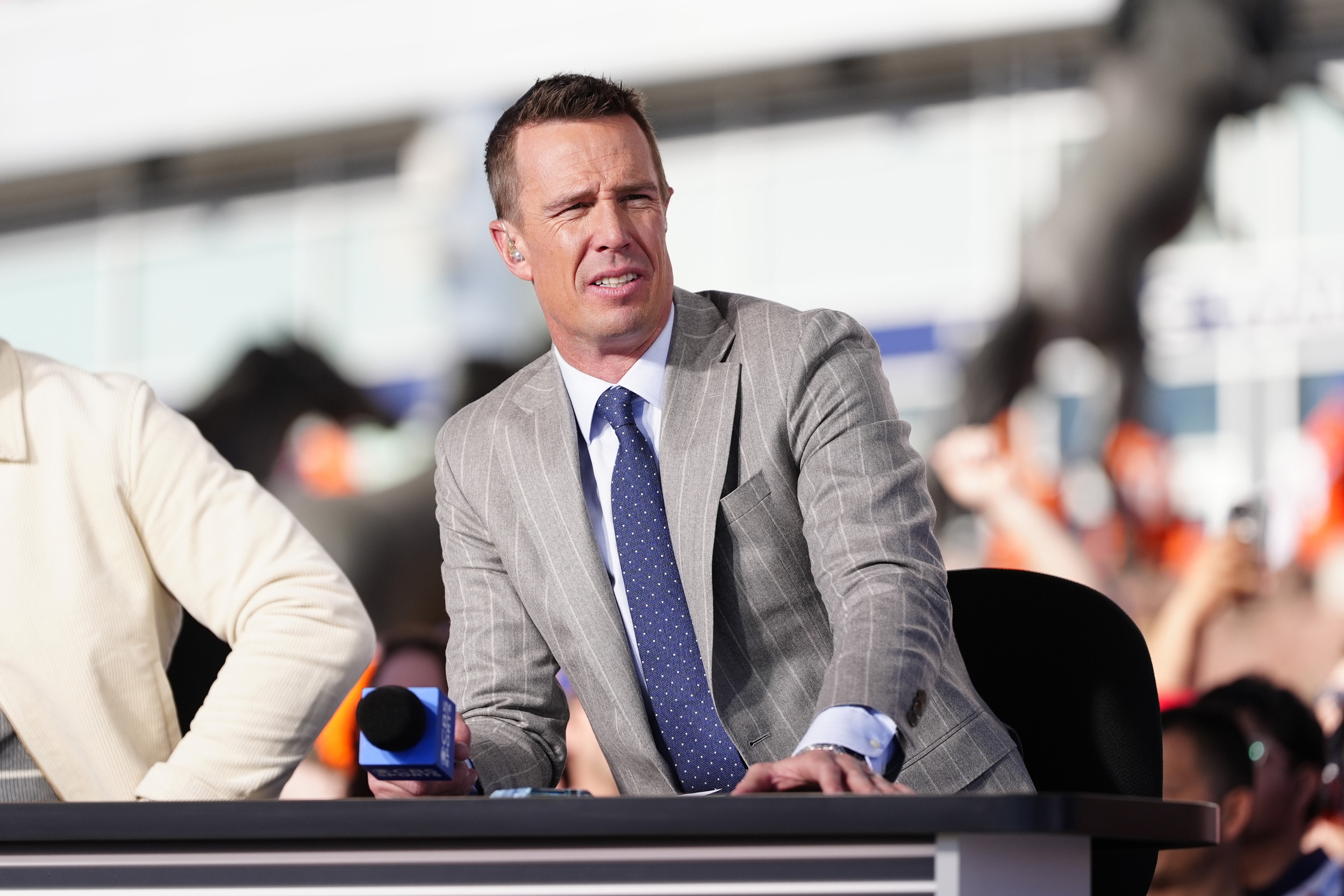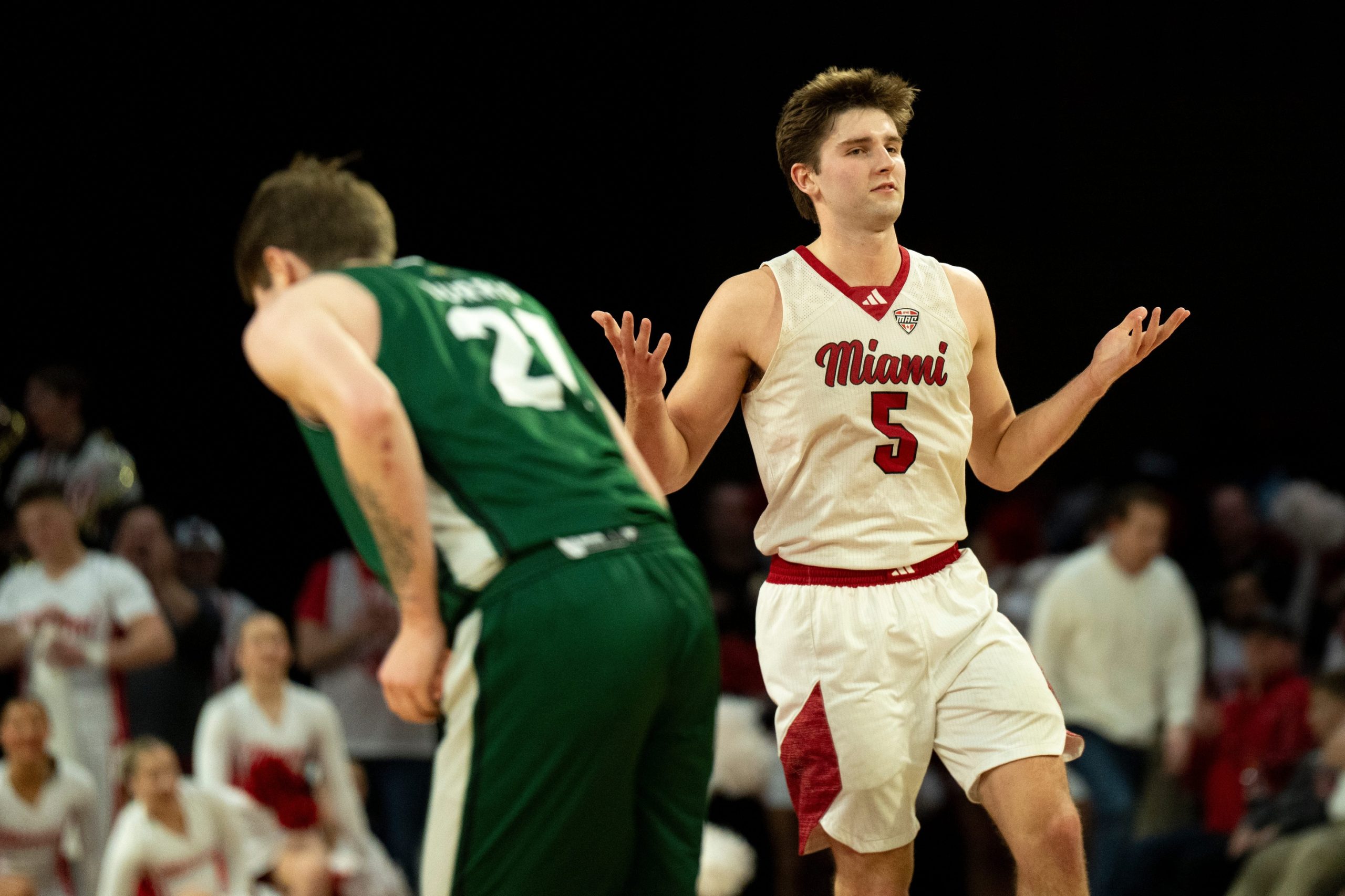Projected Lines
Forwards
1st Line: Zach Parise – Ryan Kesler – Patrick Kane
2nd Line: James van Riemsdyk – Joe Pavelski – Phil Kessel
3rd Line: Dustin Brown – David Backes – T.J. Oshie
4th Line: Max Pacioretty – Paul Stastny – Ryan Callahan
Reserves: Derek Stepan – Blake Wheeler
Defensemen
1st Pair: Ryan Suter – Kevin Shattenkirk
2nd Pair: Ryan McDonagh – John Carlson
3rd Pair: Paul Martin – Brooks Orpik
4th Pair: Cam Fowler – Justin Faulk
Goalies
Starter: Jonathan Quick
Backup: Ryan Miller
Backup #2: Jimmy Howard
Strength: Goaltending
Team USA has a beautiful dilemma on their hands; do they they give the starting nod to the man who backstopped the 2010 team to the silver medal or will it be passed on to a former Conn Smythe winner who is arguably the best big game goalie the NHL currently has? Talk about a gut-wrenching decision.
Prior to the 2013-14 season the job was firmly placed in Jonathan Quick’s hands. After stumbling out of the gates in the lockout shortened 2012-13 campaign Quick regained his Conn Smythe form in time for the playoffs where he posted the 2nd best goals against average (1.86) and save percentage (.934).
Ryan Miller on the other hand entered the current season wondering if he’d even make the trip to Sochi. Backstopping a treacherous Buffalo Sabres squad, Miller turned in his third consecutive subpar season and became a likely candidate to be shipped out of Buffalo during the offseason. None of the rumored trades ever materialized which left Miller to weather the oncoming storm that was a rebuilding Sabres organization.
Luckily for Ryan Miller the story did not end there. Despite playing on the NHL’s worst team over the first half of the season he has submitted, all things considered, a phenomenal streak of performances. His .927 save percentage is the 2nd best mark of his career (right behind his 2009-10 sv% of .929 which, surprise surprise, occurred right alongside the 2010 Vancouver games) and although his goals against average is rather high (2.64) you have to take into account that he is playing behind one of the worst defensive teams in the league.
Jonathan Quick’s season hasn’t exactly been a smooth ride. He was injured for a major chunk of the first half thanks to a grade 2 groin strain and in the 18 starts he has managed to make he’s accumulated a 2.19 GAA and a .910 sv%. All on their lonesome the numbers are respectable, but considering his backup posted 1.41 GAA and a .950 sv% during his absence you begin to wonder if he’s at the top of his game just yet. Of course that doesn’t dismiss the fact that when it comes to playing in a big game format, i.e. the playoffs, he is the closest thing to a shutdown netminder as you’ll get nowadays.
So what do you say team USA? Do you go with King clutch or old reliable?
Weakness: Scoring
There are certain aspects of the Sochi roster that closely resembles the American squad that was sent to Vancouver. 13 members of the 2010 team are returning for team USA in 2014 and the majority of those returnees (nine) are of the forward variety. On one hand it lends the Americans to a lot of experience, but on the other hand is raises an identical question to the 2010 edition; where will the scoring come from?
In Vancouver the Americans answered that question with a balanced scoring attack. 12 players found the back of the net while the leading scorer was defenseman Brian Rafalski who finished with four. The two highly regarded offensive weapons that the US did have, Patrick Kane and Zach Parise, managed to bad three goals apiece and the Americans went on to average four goals a game throughout the tournament.
This time around the US will bring more firepower but when compared to the other gold medal contenders such as Canada and Sweden they fall behind. The only American who resides in the top 10 in NHL scoring is Patrick Kane. When you push that number out to the top 30 the number of American’s increases to four (Kane, Pavelski, Kessel and Oshie). In comparison, Canada has 11 and Sweden has five.
Side note: If the selection committee would have brought along Kyle Okposo and Bobby Ryan the Americans would push that number to 6. Does that mean that not selecting those two was a mistake? We’ll find out in February.
It all boils down to the fact that the Americans will have to heavily rely on a balanced scoring attack if they want to bring home their first gold medal since 1980. Phil Kessel, Joe Pavelski, James van Riemsdyk and Max Pacioretty will have to offer up some of their offensive talents throughout the tournament while highly skilled offensive-defensemen such as Kevin Shattenkirk, Cam Fowler and John Carlson will have to join the attack consistently.










About Adam Stafki
Recent Posts
Matt Ryan breaks silence on Falcons quarterback
"He’s in a good place right now."
Jayden Daniels loves Philly fans
“I love Eagles fans."
Ben Roethlisberger responds to attack on character
"I like to think as we mature and as we grow in our faith."
Tyreek Hill bids Miami farewell
“Major Love to the 305.”
Ja’Marr Chase breaks silence on Bengals
"I’m just stating my opinion on what I think we need."
Miami RedHawks keep rising up
"One of the hardest places to play in all of college basketball."